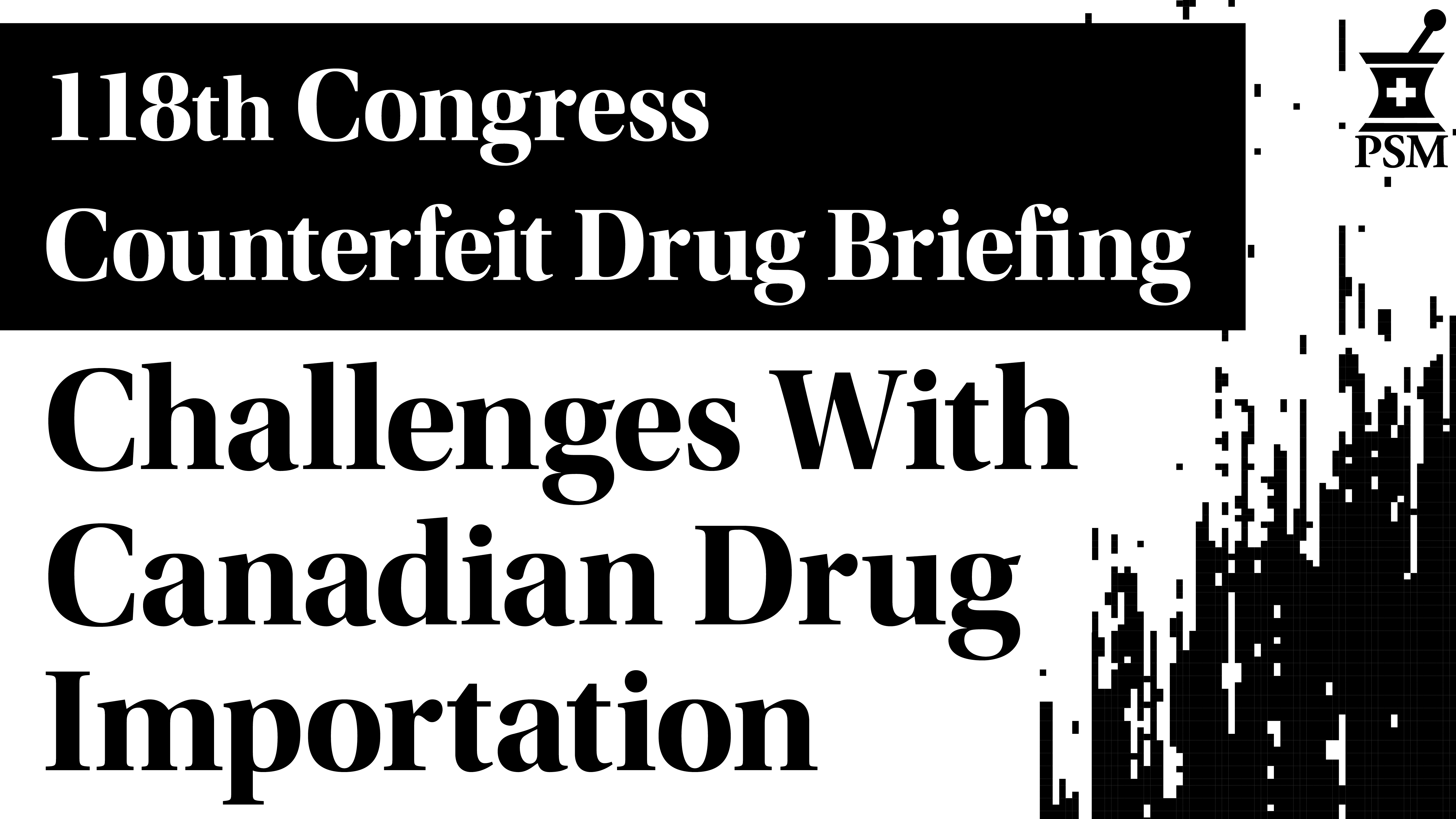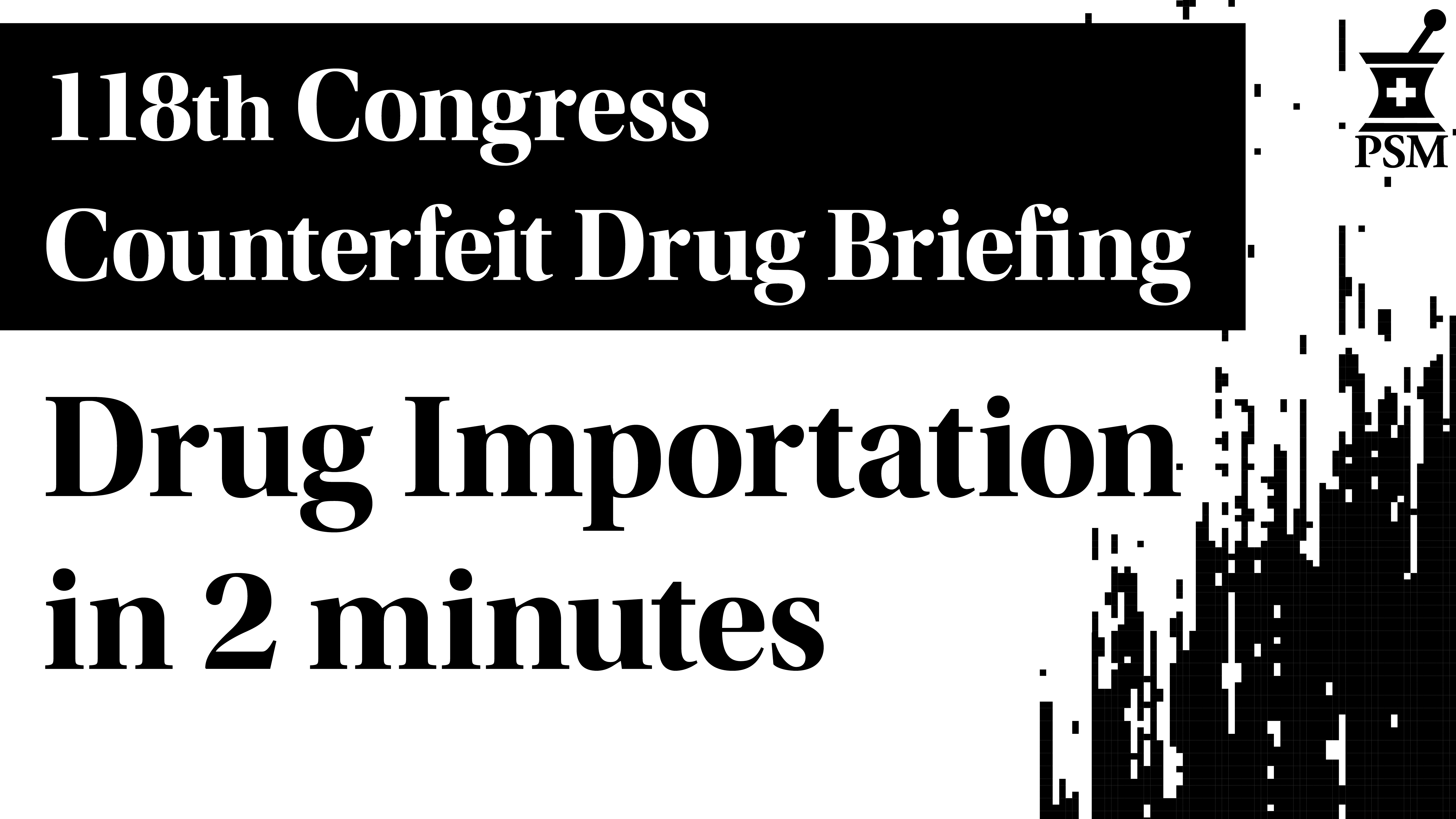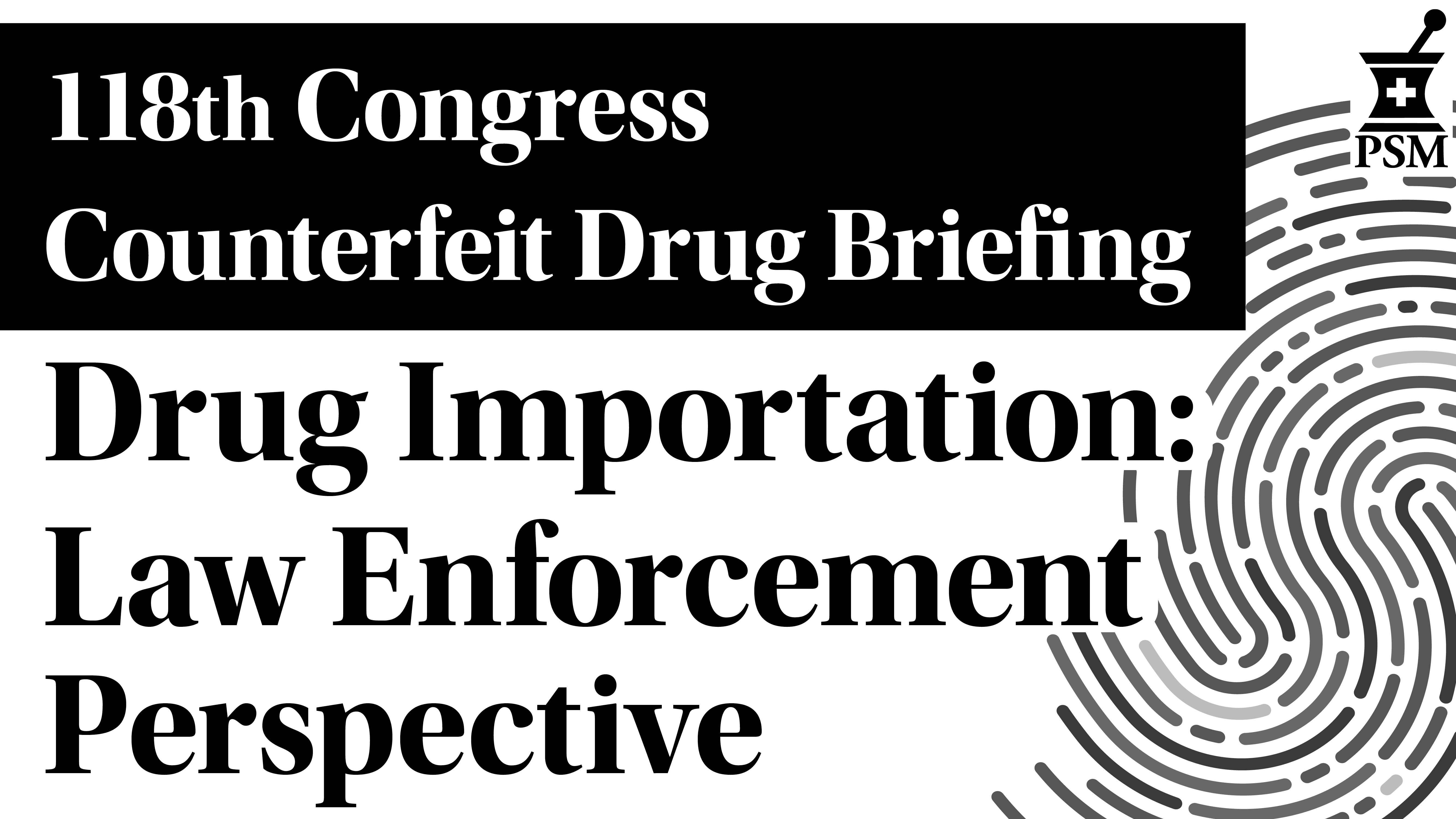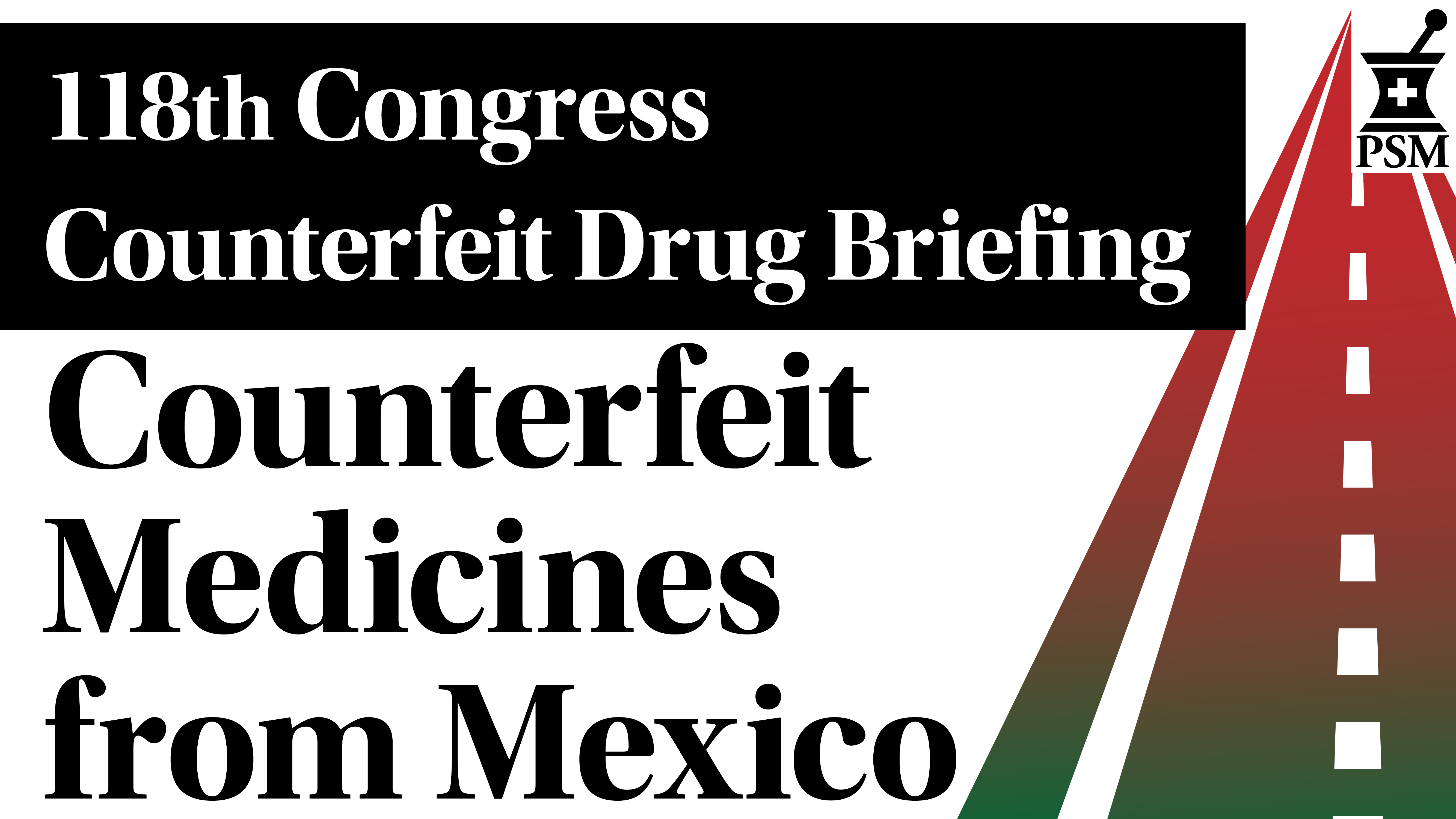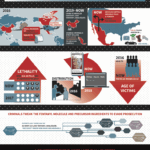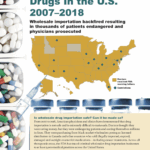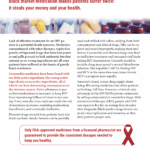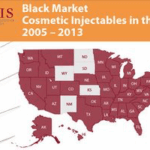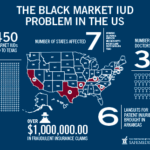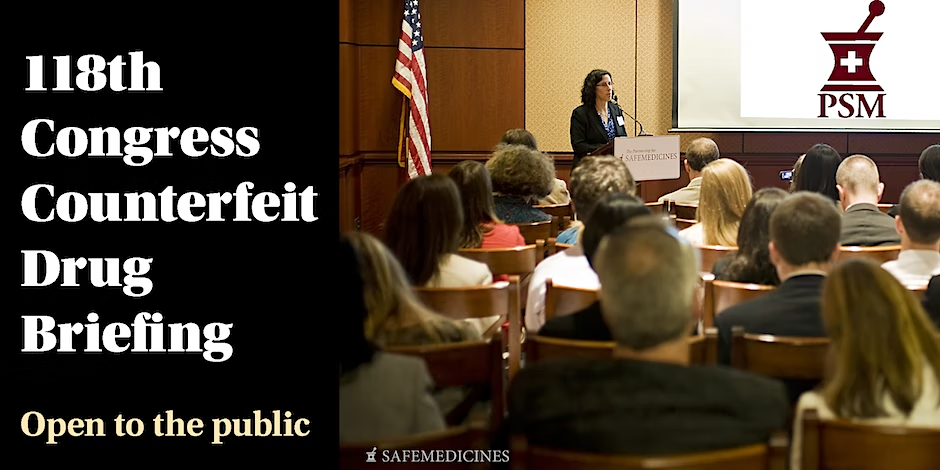
Now available: A recording of PSM's February 28, 2023 briefing for the 118th Congress, with a keynote by U.S. Senator Rick Scott, and panels about Impediments to Foreign Drug Importation and Social Media & Counterfeit Pills.
Virtual briefing for the 118th congress
The U.S. has a very safe medicine supply, but that doesn't happen by itself. Regulators, law enforcement, manufacturers, distributors and pharmacists all work continuously to keep it that way. If you work in health policy, it’s critical you understand how these criminals think. In our 118th Congress policy briefing section, we’ll show you the safeguards in the system, and the ways criminals attack the closed, secure, U.S. drug supply chain.
In early 2022, we got word from the Pharmaceutical Security Institute that Americans were flocking to Mexican border pharmacies and buying “too cheap to be true” blood thinners. Undercover investigators bought the same product and found packages of pills labeled in English to appeal to Americans that had no active ingredient. Why is this so dangerous? When your blood thinner doesn’t work, you get blood clots, which can lead to life-threatening heart attack or stroke. Mexican drug regulators and University of Arizona students have also warned the public about fake blood thinners in Mexico.
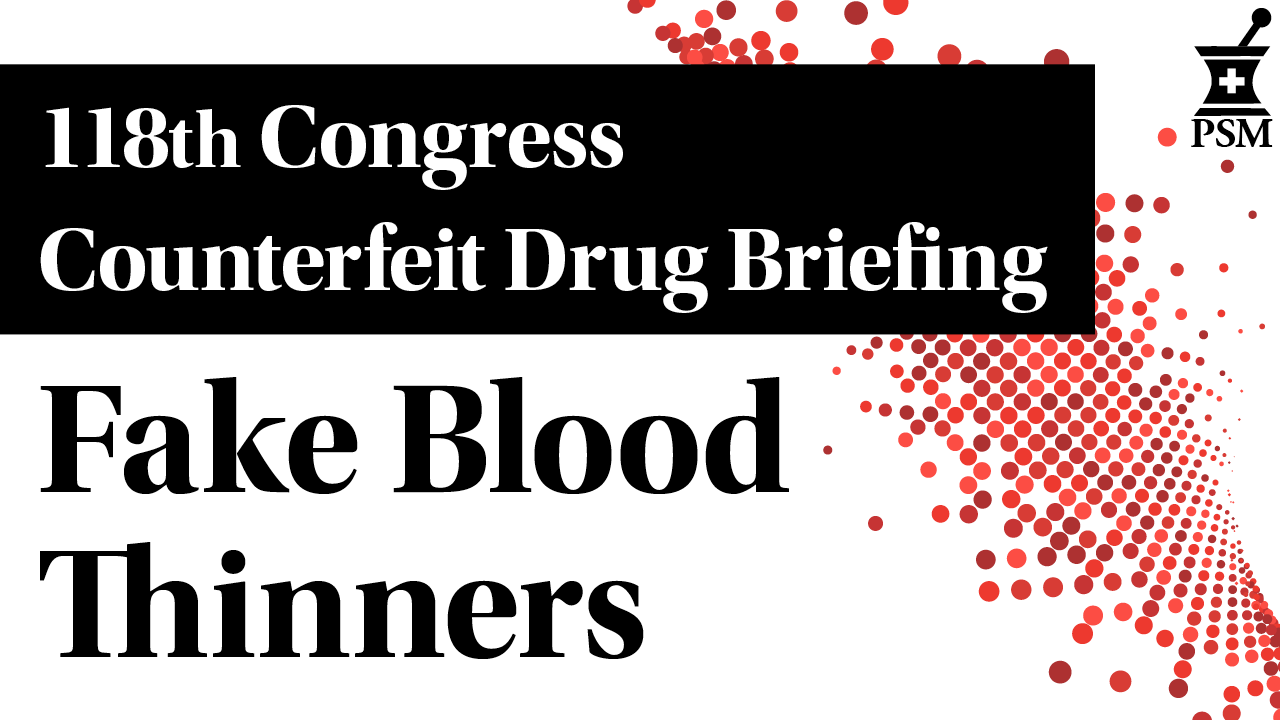
Border pharmacies are endangering Americans with fake blood thinners. Watch. (2 minutes)
Blood thinners are just one example of many ways that dangerous, unregulated prescription drugs get to Americans. Learn about other examples in our "9 major counterfeit drug outbreaks in the U.S." (24 minutes) and review PSM's publications about outbreaks here.
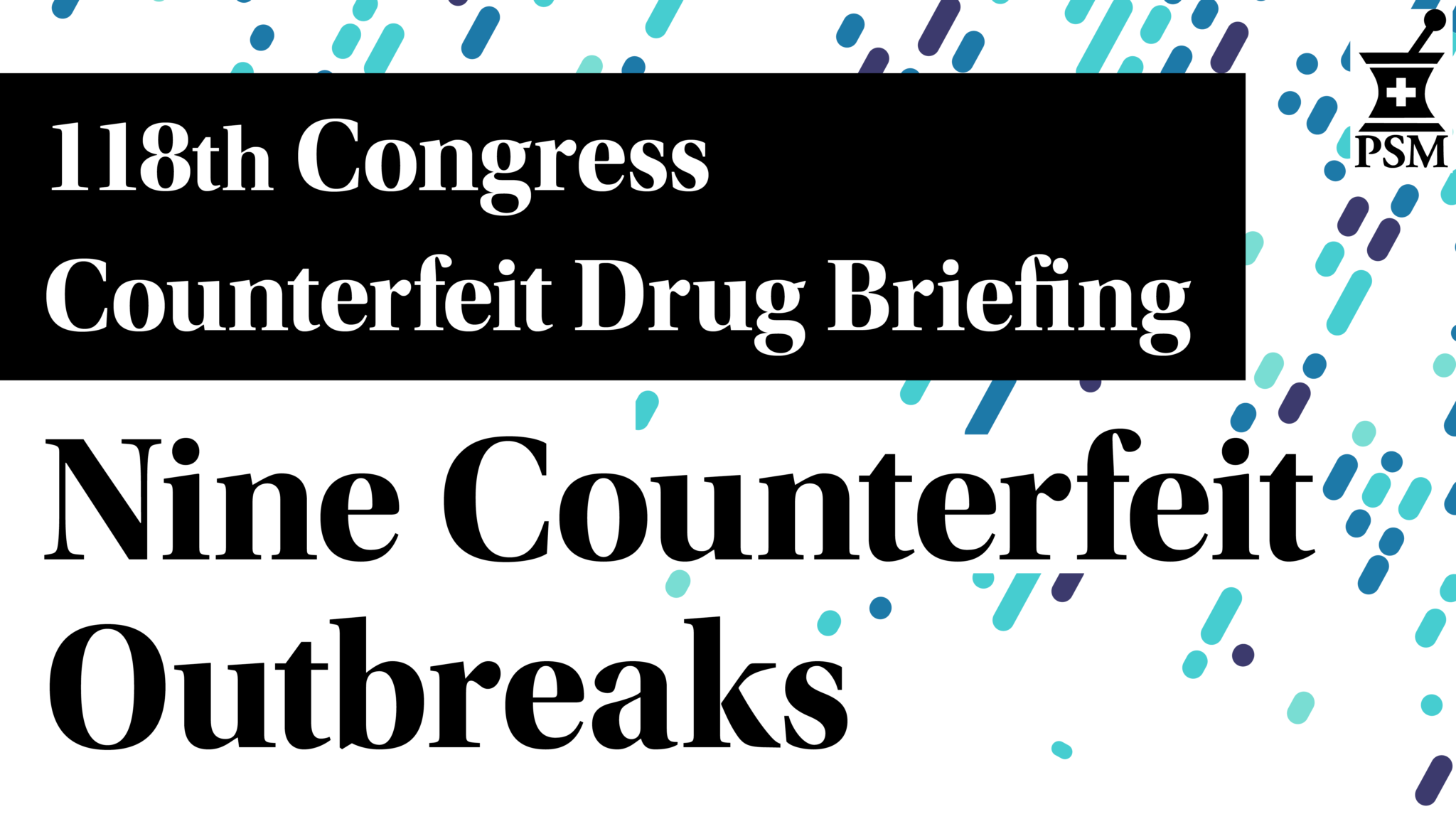
Learn about 9 major counterfeit drug outbreaks in the U.S. (24 minutes).
The Drug Supply Chain Security Act
The Drug Supply Chain Security Act of 2013 (DSCSA) mandated the creation of legal requirements and data standards so that investigator could trace packages of prescription medicine from factory floors to pharmacy shelves. The system uses barcodes and replaces easily-forged paper pedigrees that counterfeiters have used to slip fake medicines into the close U.S. drug supply.
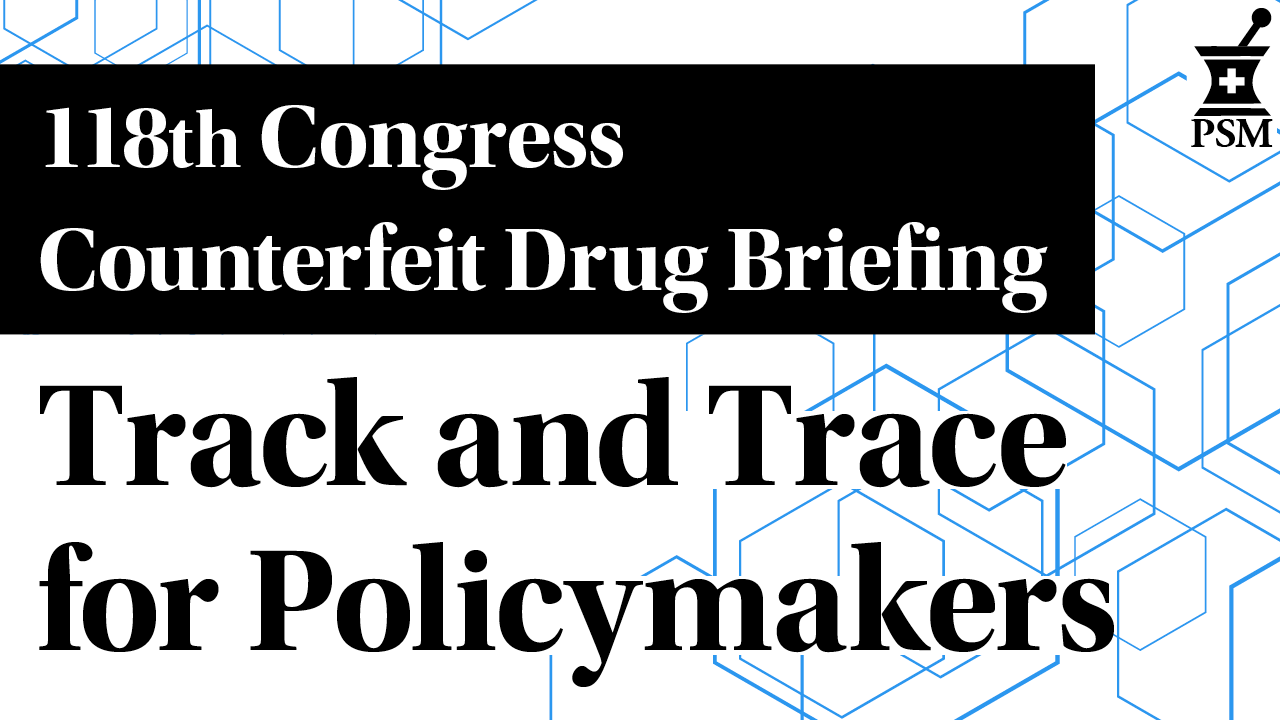
Learn how the DSCSA makes our drug supply chain safer. (19 minutes)
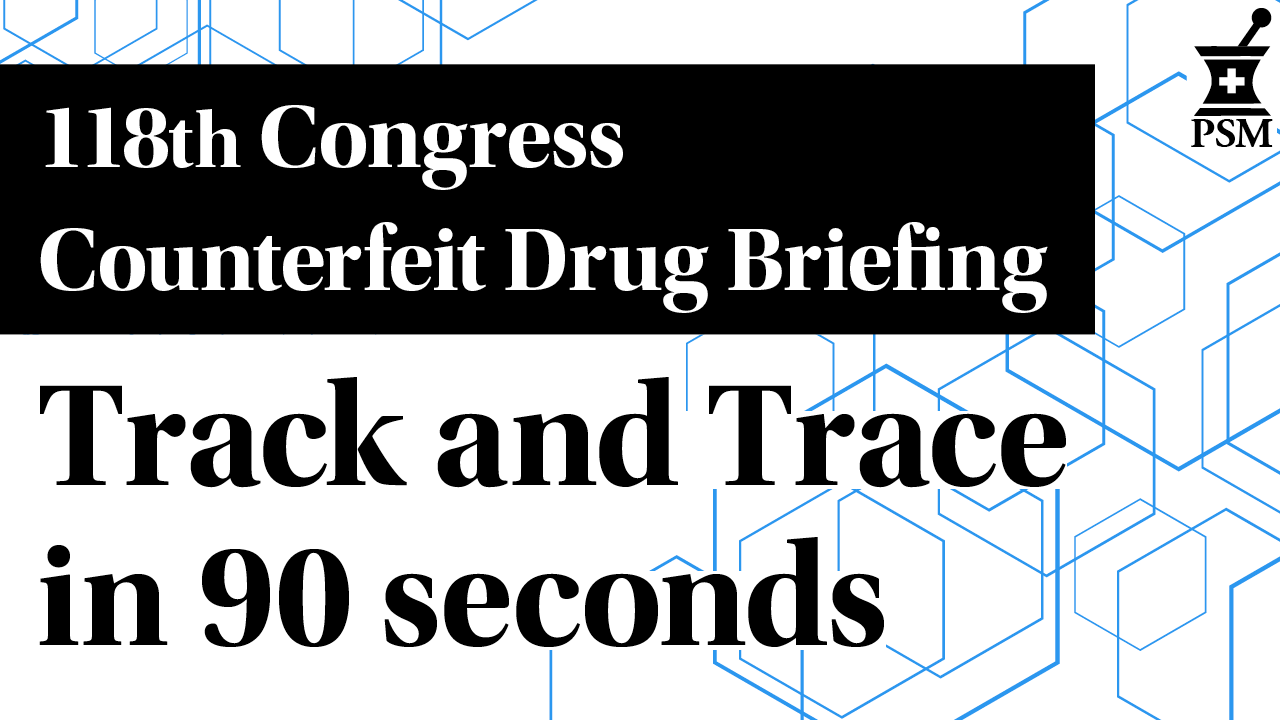
This quick snippet explains track-and-trace.
Challenges with Canadian Drug Importation
PSM's May 24, 2022 online congressional briefing, Canadian & Foreign Drug Importation: Implications for the U.S. Prescription Supply, gathered law enforcement, pharmacies, and advocates to talk about the negative impact drug importation would have on medicine safety.
Watch the entire event (44 minutes), 2-minute highlights, or perspectives on prosecuting drug counterfeiters working in other countries (1.25 minutes)
Consult our factsheets about importation.
Counterfeit HIV Medicines
The manufacturers of several HIV medications first warned of counterfeit versions of their products in December 2020 and August 2021. Then in October 2022, the huge case involving thousands of counterfeit HIV treatments and 142 defendants was referred to the Department of Justice.
Counterfeit, misbranded and substandard HIV medications have exploded as a phenomenon in the United States. Learn more about this shocking crime with Shabbir Safdar, Executive Director, Partnership for Safe Medicines, Geoffrey Potter, Patterson Belknap expert in counterfeit civil cases and Brandon Macsata, CEO of the ADAP Advocacy Association and a long term HIV survivor.

A January 2022 civil case laid bare a complex drug diversion and counterfeit ring that has subsequently drawn the attention of the Department of Justice. (30 minutes)
Counterfeits in Mexico
Some Americans buy medicine in Mexico to save money on medications, but news from Mexican regulators and investigators shows that that is dangerous. Recent warnings about medicines being sold to Americans have included blood thinners with no active ingredient, fake antibiotics, a counterfeit diabetes drug, and even opioid painkillers made with fentanyl.
Learn more in this 15 minute discussion between PSM's Shabbir Safdar and Todd Ratcliffe, President & CEO of the Pharmaceutical Security Institute.
Online pharmacy safety
45% of Americans believe all websites selling prescription medicines are approved by the FDA or state regulators, but 95% of online pharmacies are operating illegally — and many are peddling controlled substances, and counterfeit or substandard drugs.
This is a serious threat to America patients. Learn more in this discussion with Shabbir Safdar, Executive Director, Partnership for Safe Medicines; Justin Macy, Digital Health Senior Manager, National Association of Boards of Pharmacy and Dr. Tim Mackey, UC San Diego professor, Director of the Global Health and Data Policy Institute and S-3 Research cofounder.

Nearly 95 percent of websites offering prescription-only drugs online operate illegally and that means patients can't rely on their products. Learn more in this 26 minute discussion.
